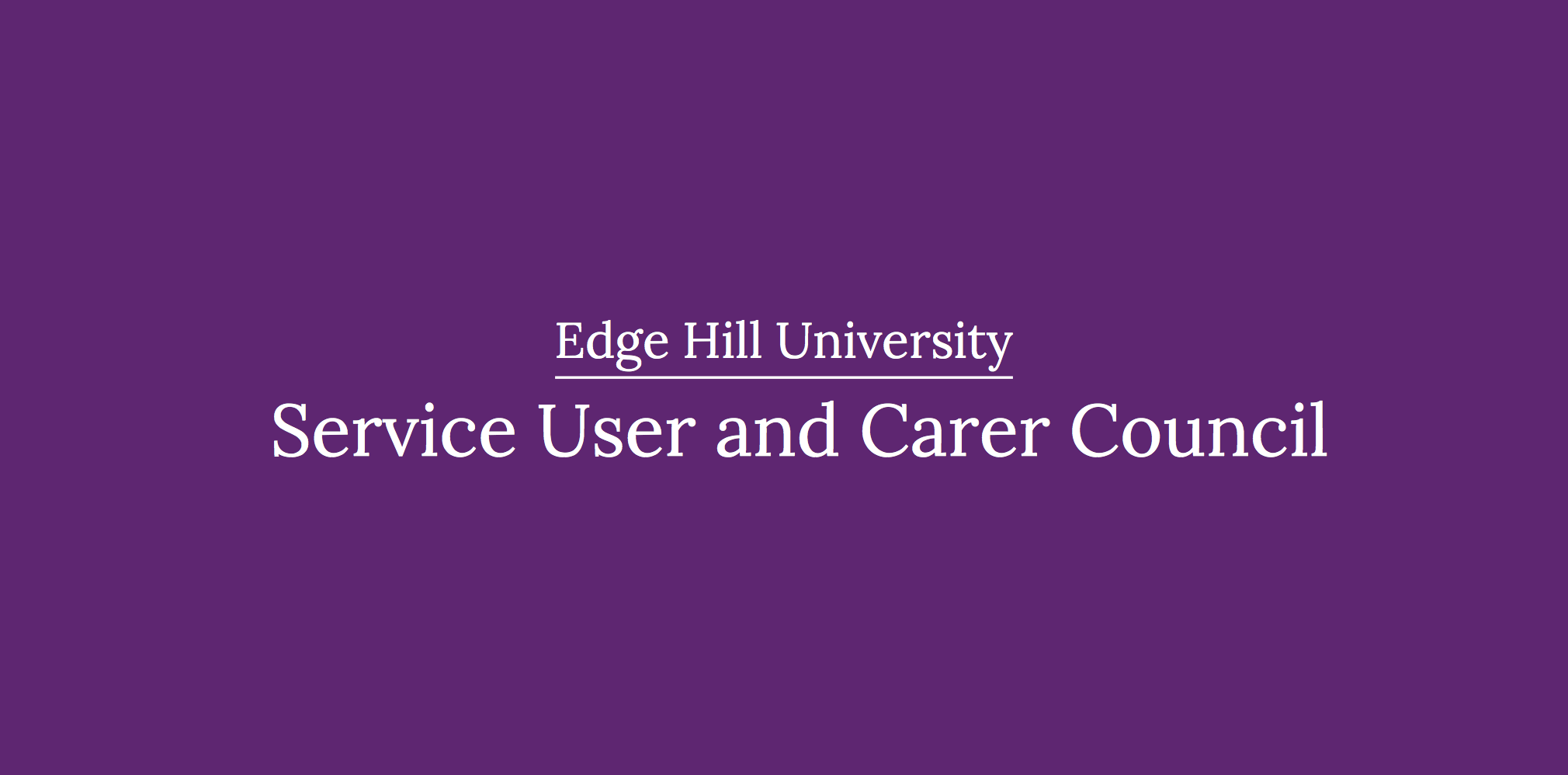I am a non-professional carer for my daughter, twenty-four hours a day, seven days a week. Do you know that the dictionary definition of the word ‘caring’ when used as an adjective is: “feeling or showing care and compassion?” It’s also used by health and social professionals to describe a person or function. For example, nursing is a caring job. On the other hand, when used as a noun, ‘caring’ directly relates to the: “practice or profession of providing social or medical care.”
The problem I discovered is the fact that the “provision of social or medical care” significantly outdistanced the “care and compassion model.” This is because it’s based on the premise that an illness, frailty, disability, mental health problem or addiction could / should / will be “cured” purely by medical intervention, which can only be delivered by a professional Carer. Sadly, experience shows that simply targeting the medical condition in isolation and taking no account whatsoever of my daughter’s holistic needs often left her with low expectations, limited choices and diminished control over her own life.
The “showing care and compassion” model, suggests that it’s not really the illness, impairment or difference at the heart of the problem. It’s the way that society organises itself to artificially create both physical and attitudinal barriers. This is all too often enhanced by the deliberate enforcement of poorly written, outdated, entrenched and often harmful, rules, policies, processes and procedures.
The role of non-professional carer is open to anyone, from children through to the adults. All those who look after a family member, partner or friend who needs help and cannot cope without their support. It’s rarely a formal career choice, however, on the plus side, age and lack of qualification is no barrier! Mind you, there must be no throwing a sickie, no going home early, no time-out for holidays, what’s more – there’s no pay!
Unfortunately, such a role is rarely recognised by health professionals. A recent Carers survey showed that over 70% of the 2,000+ carers involved came into direct contact with GPs, doctors and nursing staff during their journey. Yet the health professionals only acknowledged 11% as carers, whilst GPs only recognised 7%.
My experience as a non-professional shows that caring for someone outside of the hospital environment is a twenty-four hour a day, seven days a week commitment! It’s a role that doesn’t simply administer medications, enforce the inflexibility of “protected” mealtimes and the imposition of rigid house rules to treat the condition.
So, my request to all health professionals, including GP’s, doctors, nurses and students is to recognise and embrace the issues holistically. Being a ‘caring carer’ involves all aspects of communication, information, inclusivity, flexibility, respect, dignity, compassion, connection, availability, as well recognition as a medical expert for the person you care for. That’s the definition of a “caring carer!”
-Allen Bewley, Service User and Carer

